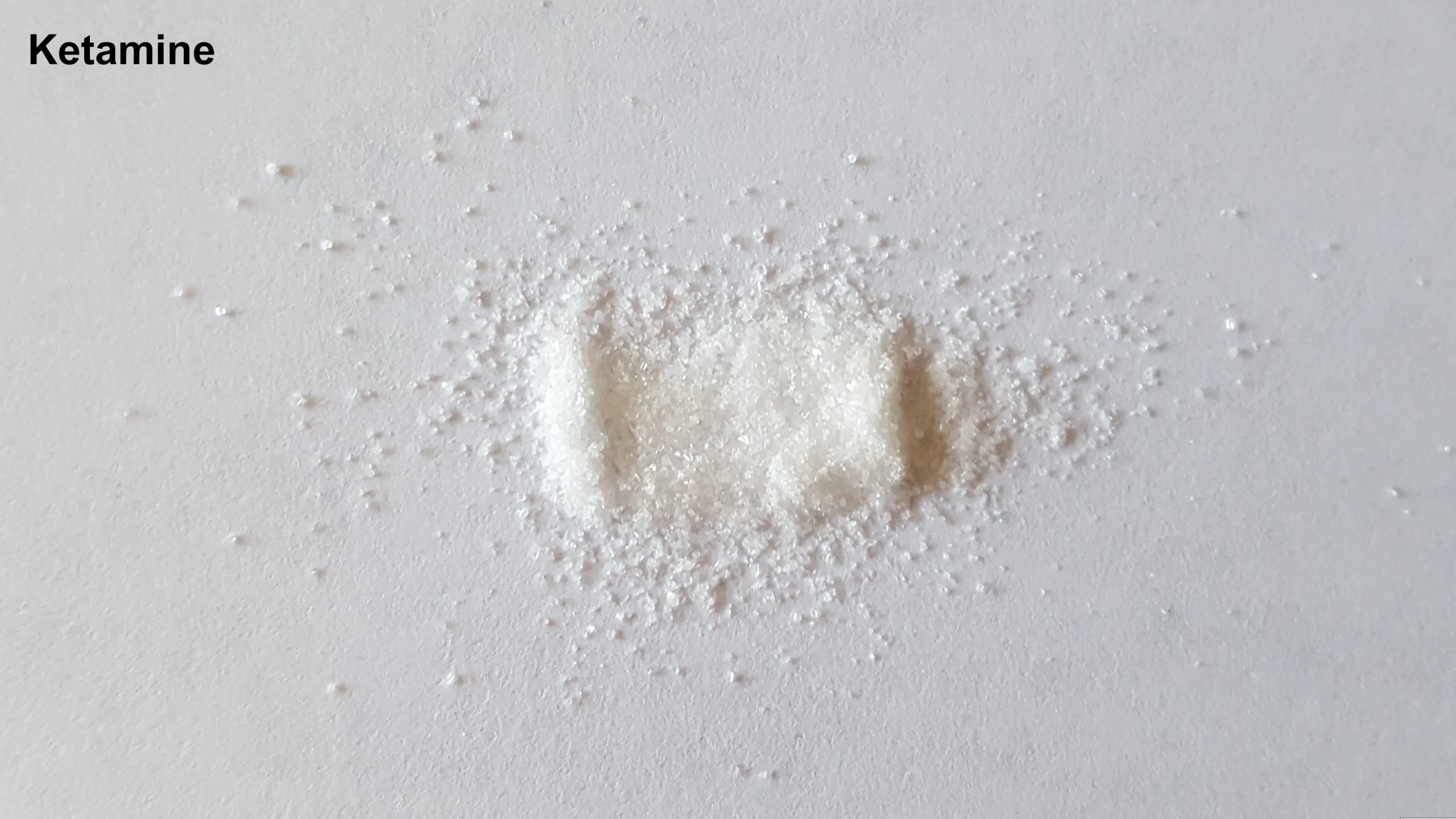South Africa: The anesthetic drug ketamine can bring life-saving hope for people suffering from treatment-resistant major depression or at severe risk of suicide, but unsupervised use or excessive dosages hold addictive and even lethal risks. This is the warning sounded by the South African Society of Psychiatrists (SASOP) against the recreational or unsupervised use of a drug.
The warning comes at a time when scientific evidence is mounting worldwide. Ketamine is considered a new treatment for adults with severe depression that has not improved with conventional anti-depressant treatments. Why is SASOP so concerned?
Behind the Psychedelic: What Is Ketamine?
Ketamine is an anesthetic originally used in animals since the 1960s, and in humans since the 1970s. It is listed in the World Health Organization’s List of Essential Medicines as an anesthetic. Ketamine is registered in South Africa for induction and maintenance of anesthesia.
“There is good evidence that ketamine in low doses, administered under controlled conditions with the necessary medical supervision, is an effective treatment for treatment-resistant major depression,” says SASOP spokesperson, psychiatrist Dr. Bavi Vythilingum.
Offering hope

Dr. Bavi Vythilingum
Dr. Vythilingum adds that ketamine is also effective in acute cases of suicidal ideation, rapidly reducing the risk of life-threatening thoughts and acts. However, it’s not always good as ketamine is a powerful anesthetic agent, and a too-high dose can cause sedation and loss of consciousness.
And in very high doses may cause dangerously slow breathing and the risk of death.
Even at lower doses, as explained by Dr. Vythilingum, if the administration of ketamine is not adequately supervised and the person is not in a safe, controlled setting, they may become confused and inadvertently harm themselves. Ketamine is also potentially addictive and open to abuse.
Ketamine and the treatment of depression
Ketamine’s efficacy in sub-anesthetic doses as a novel treatment for treatment-resistant depression in adults has gained evidence over the past two decades[i].
However, Dr. Vythilingum said the rising number of independent clinics offering ketamine treatment for depression and other mental health conditions is cause for concern. This concerns the correct diagnosis and whether ketamine is the appropriate treatment, as well as the monitoring and management of possible side effects.
She also emphasized that ketamine is indicated only for treatment of adults with treatment-resistant depression; evidence does not support its use in treatment for children.
Although some claim that ketamine is effective in treating other mental health conditions such as post-traumatic stress disorder (PTSD) and obsessive-compulsive disorder (OCD), SASOP cautions that there is limited scientific evidence for this.
The positive effects of ketamine on the brain
Dr. Vythilingum said research had shown several positive effects of ketamine on the brain, which contributed to its efficacy in treating treatment-resistant major depression. She said that it improves the production and functioning of the neurotransmitter glutamate, which plays a role in mood, thought patterns and cognition[ii].
Ketamine is a different mechanism to traditional anti-depressant medications, which is believed by medical researchers to be at least part of the reason for its effectiveness where other treatments have failed[iii].
Treatment guidelines
Ketamine is administered by intravenous infusion (a drip) over 40 to 50 minutes, and the patient is given enough time to recover afterward. Patients should be fetched after treatment and should not drive until after they have had a full night’s sleep.
Initial treatment takes place in six sessions over two to three weeks, and the treating psychiatrist may prescribe maintenance treatment on a case-by-case basis.
The dissociative state (“trip” in common language) caused by ketamine can produce feelings of a trance-like state or hallucinogenic experience, feelings of an “out-of-body experience”, feelings of unreality, visual and sensory distortions, and euphoria or “a buzz”.
“For this reason, it is important that the setting is safe, meaning that it is quiet and private, that treatment is medically supervised, that the patient is not left alone during treatment and recovery, and that the facility is equipped to manage any adverse side effects,” Dr. Vythilingum said.
While dissociative side effects can also be positive for improving depressive symptoms, she said other negative side effects could include nausea and vomiting, raised blood pressure, respiratory depression (slowed breathing), sedation and unconsciousness.
What are the dangers of ketamine use?
Long-term use of ketamine at high doses can cause bladder, kidney, liver, and stomach pain and toxicity, as well as addiction, demanding increasingly higher, life-threatening, doses.
“Ketamine for psychiatric treatment must be prescribed by a psychiatrist, as only a psychiatrist can diagnose that depression is treatment resistant. That diagnosis is made following at least two courses of conventional anti-depressant medication with no improvement in symptoms,” says Dr. Vythilingum, emphasizing that the drug must be administered by a medical doctor, and both physical and psychological safety are paramount during the administration of ketamine.
“Ketamine must be administered in a facility equipped for physiological monitoring (blood pressure, pulse rate, oxygen saturation), with medication, equipment and qualified personnel to manage adverse physical or neurological events, including hypertension, cardio-respiratory events, airway management and resuscitation.
The administering clinician or member of the team should also have expertise in mental health and managing patients who may become agitated, anxious or otherwise distressed. A psychiatrist should be available in case of a psychiatric emergency,” Dr. Vythilingum concluded.
Ketamine is not considered safe for patients diagnosed with schizophrenia, nor for those with a history of substance abuse.
End note
Dr. Vythilingum also cautioned that while there was clear evidence for the off-label use of ketamine in treatment-resistant major depression, more research was needed on the drug’s long-term effects, side effects and safety as a psychiatric treatment.



![women [longevity live]](https://longevitylive.com/wp-content/uploads/2020/01/photo-of-women-walking-down-the-street-1116984-100x100.jpg)










